
The Global Plant Council and Plants, People, Planet are delighted to announce the 5 winners of our #PlantSciStory2021 competition.

The Global Plant Council and Plants, People, Planet are delighted to announce the 5 winners of our #PlantSciStory2021 competition.
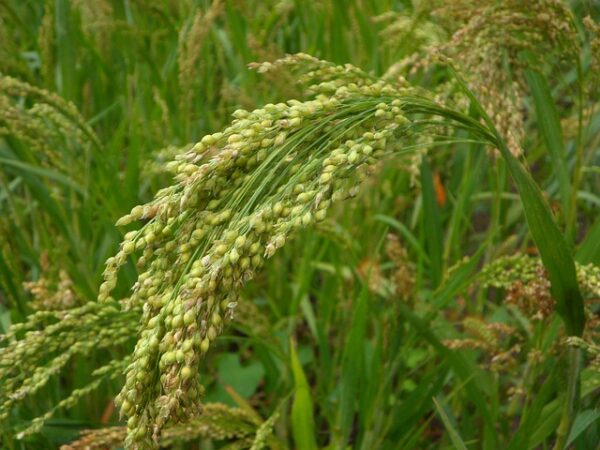
Considering the importance of these nutritious small grain crops the U.N. General Assembly recently adopted a resolution, sponsored by India and supported by more than 70 countries, declaring year 2023 as the International Year of Millets. The resolution is meant to extend public awareness on the health edges of millets and their suitableness for cultivation beneath robust conditions marked by global climate change.

The Global Plant Council (GPC) is currently a coalition of 27 national, regional, and international organizations representing plant, crop, agricultural, and environmental sciences from around the world. The aim of the GPC is to promote plant science across borders and disciplines, to support those involved in research, education, and training and to increase the awareness of plant research in science and society.
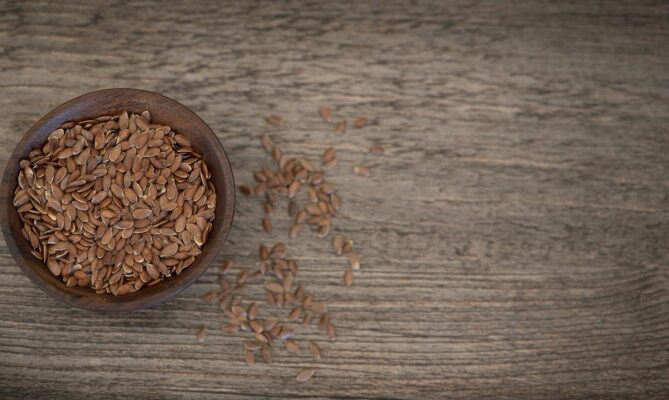
Linseed or flax (Linum usitatissimum) is known to be one of the oldest crops, cultivated since the beginning of civilization. In the last two decades, due to the potential health benefits associated with its biologically active components, linseed has been the focus of increased interest in the field of diet and disease research.
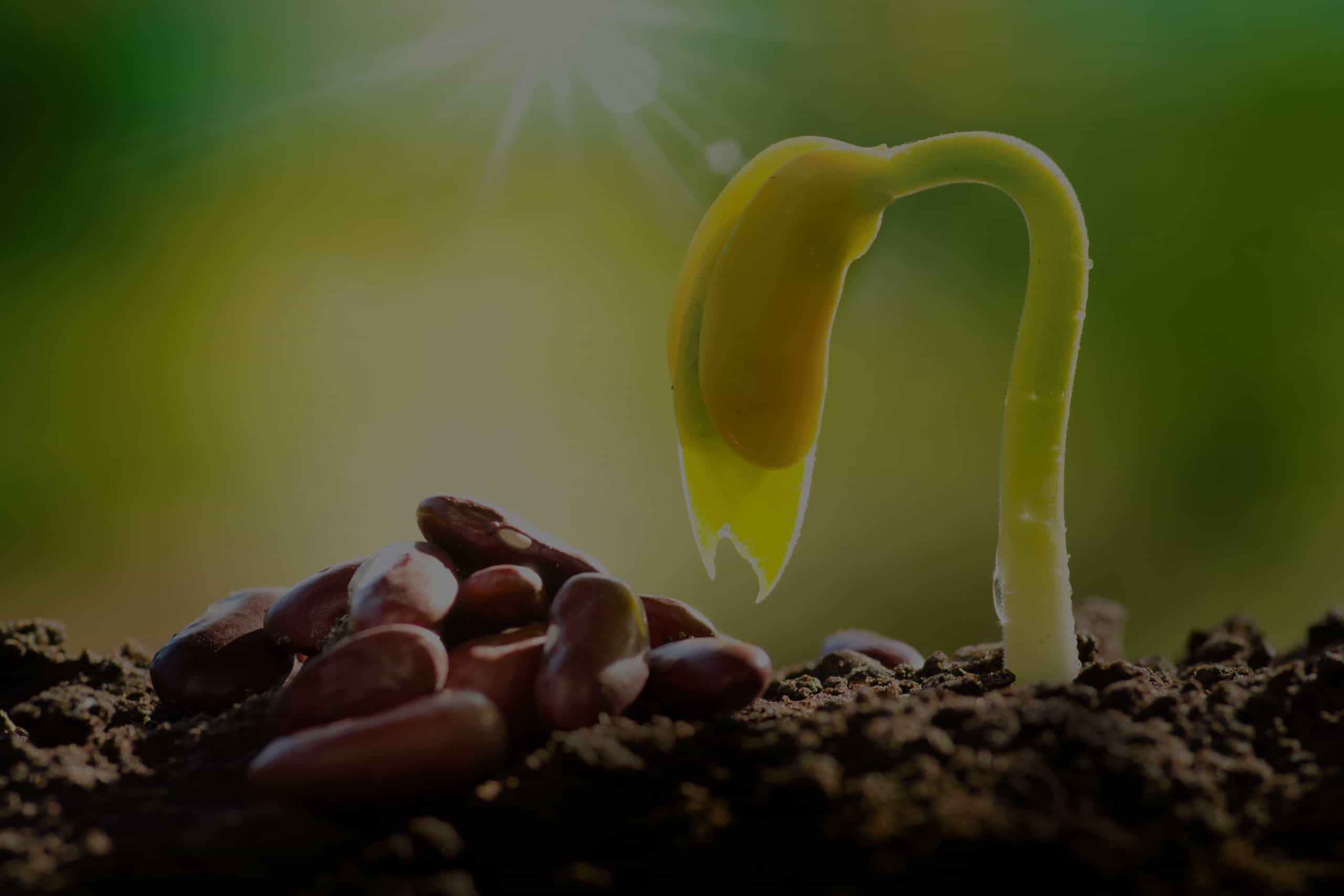
A new strategy to improve global access to information about plant genetic resources and the benefits they offer has been issued by DivSeek International Network (DivSeek), a global network committed to unlocking the potential of crop biodiversity so that it can be used to enhance the productivity, sustainability and resilience of crops and agricultural systems.
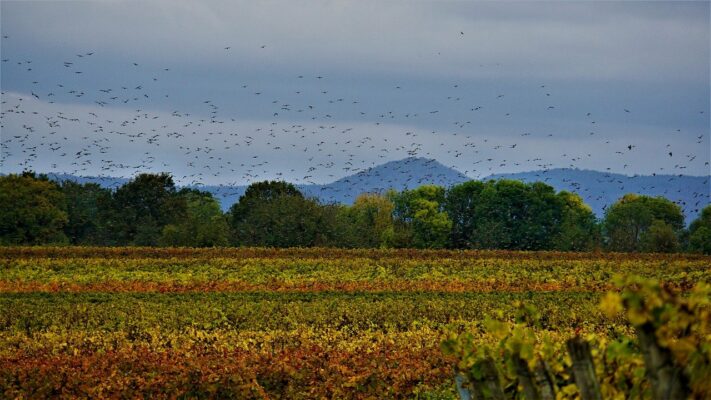
If our aim is sustainable development, sustainable livelihood and if we are looking for sustainable solutions to tackle the issues of climate change, health, food and nutritional insecurity,the only way forward is to use, protect and conserve the existing biodiversity.

The ability to briefly describe your research and its wider impact is a valuable skill. Whether for a poster presentation, conference talk or job application – being able to engage and interest people in your research with few words (and little time) is important. We therefore want to challenge you to put your communication skills to the test by entering #plantscistories for a chance to win a prizes.
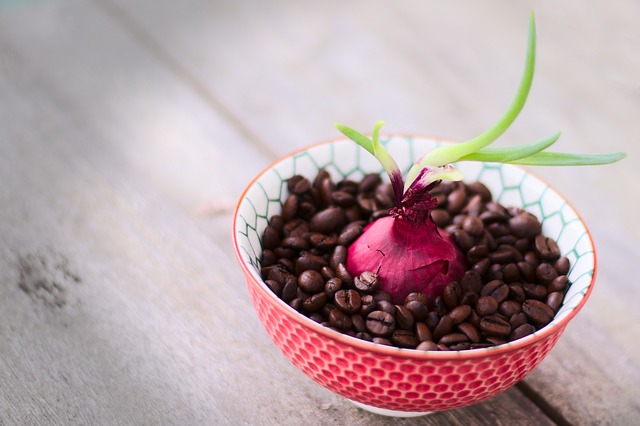
Small to moderate amounts of caffeine can lift your moods and drop the stress levels. Caffeine (trimethylxanthine) is nothing, but a modified form of a related molecule called xanthine, which can also be converted into other smaller molecules that help the plants cope with stress. Of course, the kind of stress that the plants feel is different and more defined than that from human. For example, the most prominent stress in the plants is the lack of sufficient water. Hence, in a way, the content of xanthine in the plants can contribute to lifting the mood of the plants.
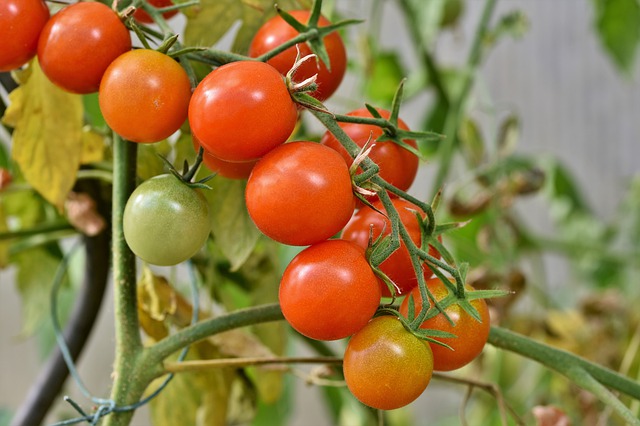
Over 400 people from around the world got online at the same time to listen to international experts discuss the status and challenges surrounding conserving, exchanging and using the diversity of fruits and vegetables in 2021, the International Year of Fruits of Vegetables (IYFV).
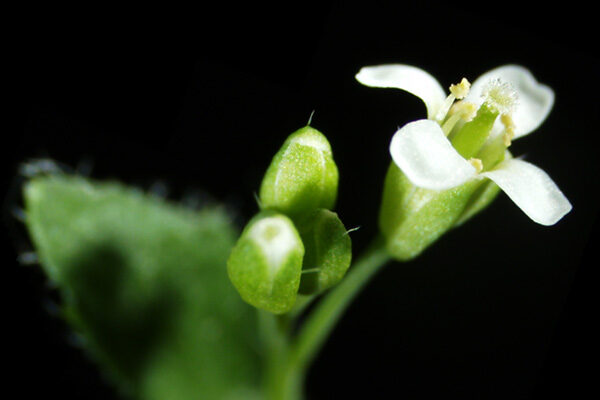
Commentary on Gobert et al. The authors prove the feasibility of an idea through this proof-of-concept work. As they point out, plant antiviral treatments are usually virus-specific, unfortunately for the moment a ‘broad-spectrum’ plant antiviral does not exist.